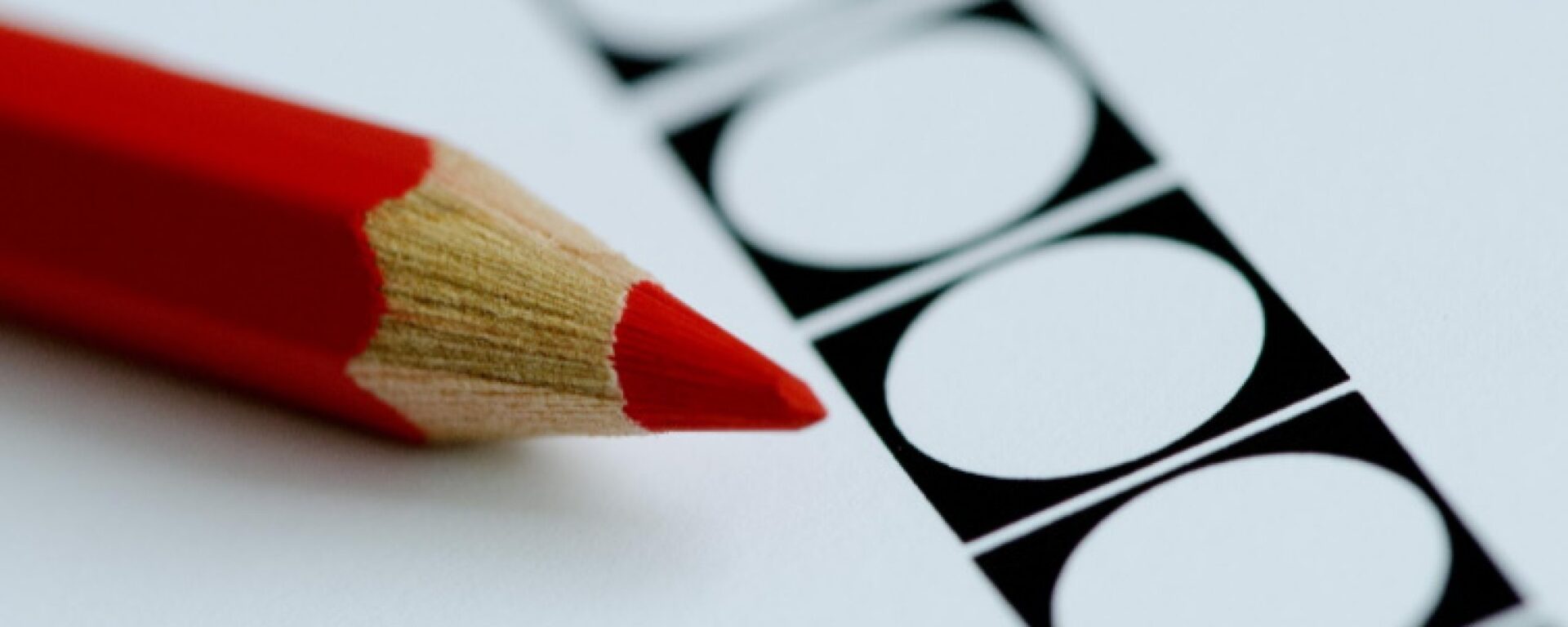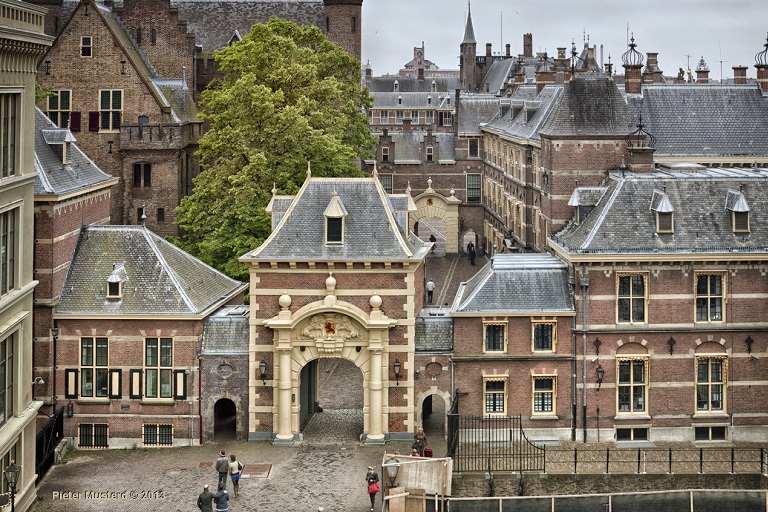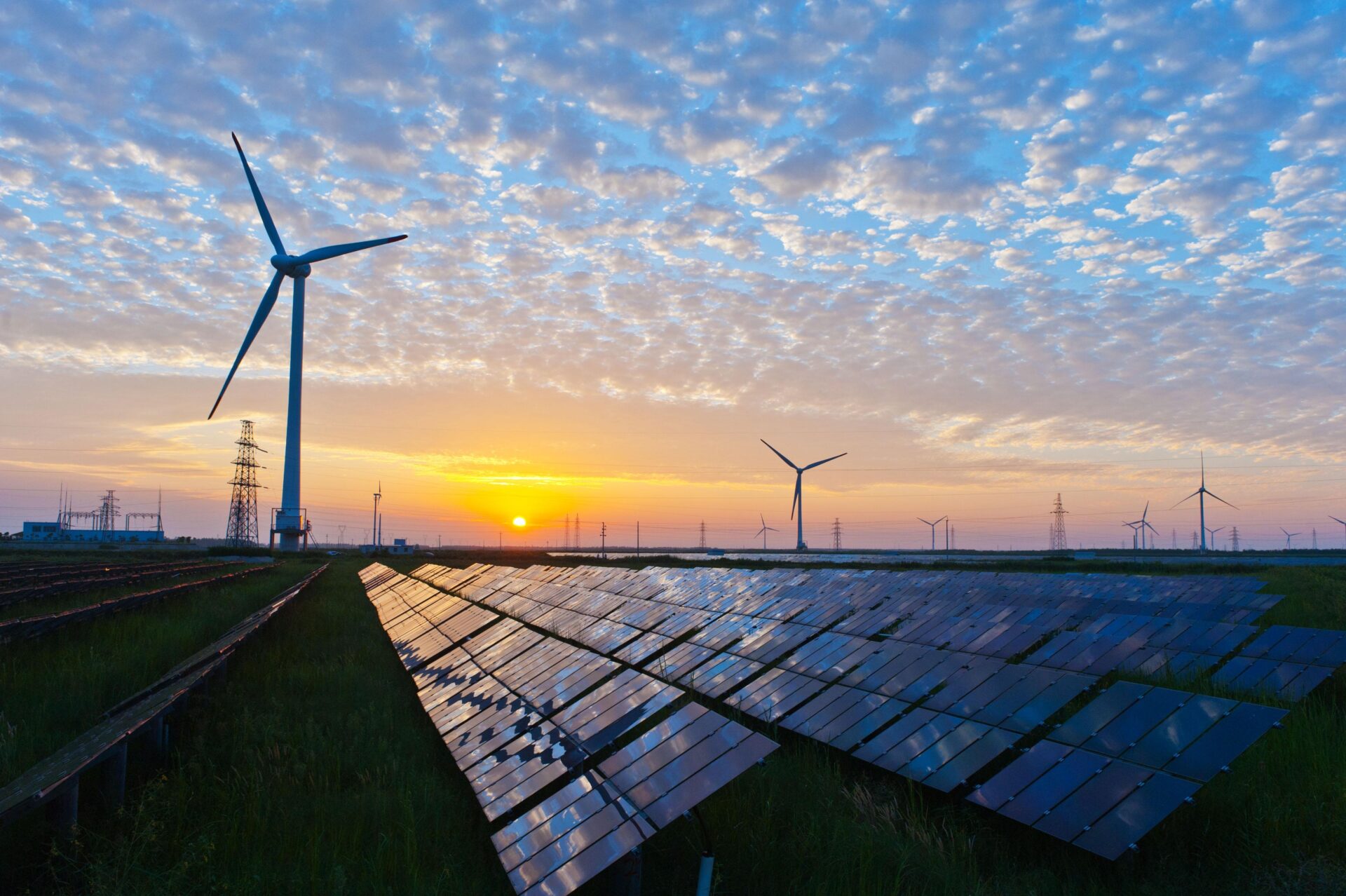Now that the price on CO₂ emissions has risen above €100 per ton for the first time, it is more attractive for Dutch industry to become more sustainable. Green investments that previously did not pay off are now profitable, industry interest groups tell the FD.
A high carbon price means higher costs for industry, but it also makes business cases for sustainable projects balanced. 'Industry is actually very much helped by this and is happy with it in that respect,' said Hans Grünfeld, director of the Association for Energy, Environment and Water (VEMW), the interest group for large energy consumers.
The Association of the Dutch Chemical Industry (VNCI) concurs. 'We are pleased that the European trading system for CO₂ is doing its job. A high price on emissions that applies throughout Europe is good for Dutch competitiveness,' said Martijn Broekhof, head of climate, energy, innovation and sustainability at VNCI. Dutch companies produce cleaner than industry in some other European member states.
Trading system
Since 2013, large polluting companies in Europe must buy allowances to emit greenhouse gases. Moreover, within that EU ETS system, the European Commission is issuing fewer and fewer allowances to force the energy sector, industry and aviation to become more sustainable. Last week, the price reached a historic record of €100 per ton of emissions. For years, the price barely exceeded €20.
'Climate policies are being tightened and the market expects industry to slowly ramp up production now that gas prices have dropped. Those elements are driving the price for CO₂,' said energy economist at consultancy Publieke Zaken, Hans van Cleef.
'It has been clear for years that industry must make its production carbon-free. A low gas price and low price on emissions, as we knew it for years, meant that investments in sustainable technologies did not pay off for companies. That is different now,' says Grünfeld. 'The government should provide fast permit procedures and manpower, though,' he adds.
A high CO₂ price ensures that the market for renewable technologies is inherently attractive to invest in, Broekhof says. 'Companies are then less dependent on green subsidies for a positive business case. That's nice.
Eastern Europe
Not everyone will be happy with the higher costs, Van Cleef fears. 'It cuts hard into some companies, for example in the steel sector. Although I expect most grumbling not from Dutch but from Eastern European companies.'
Poland has already knocked on the European Commission's door asking it to intervene in the carbon trading system. The country is one of the larger emitters within Europe and gets most of its power from coal. Poland believes that speculation in the CO₂ market is pushing up the price too far.
According to Van Cleef, the situation is more nuanced. 'In addition to high-emitting companies, investment funds have been buying up carbon allowances for a few years now. That makes the market more unpredictable, but the European Commission has always been very clear that climate policy is getting stricter. Companies are taking that into account and buying allowances, therefore the price is rising,' he says.
Exports
One concern, according to Broekhof, is competition with industry outside the EU, which does not have a similar trading system. 'European companies pass on the high CO₂ price to the customer. For exports outside the EU that is more difficult and then we see that a price above €100 per ton of CO₂ is difficult for European companies.'
©Financial Journal


